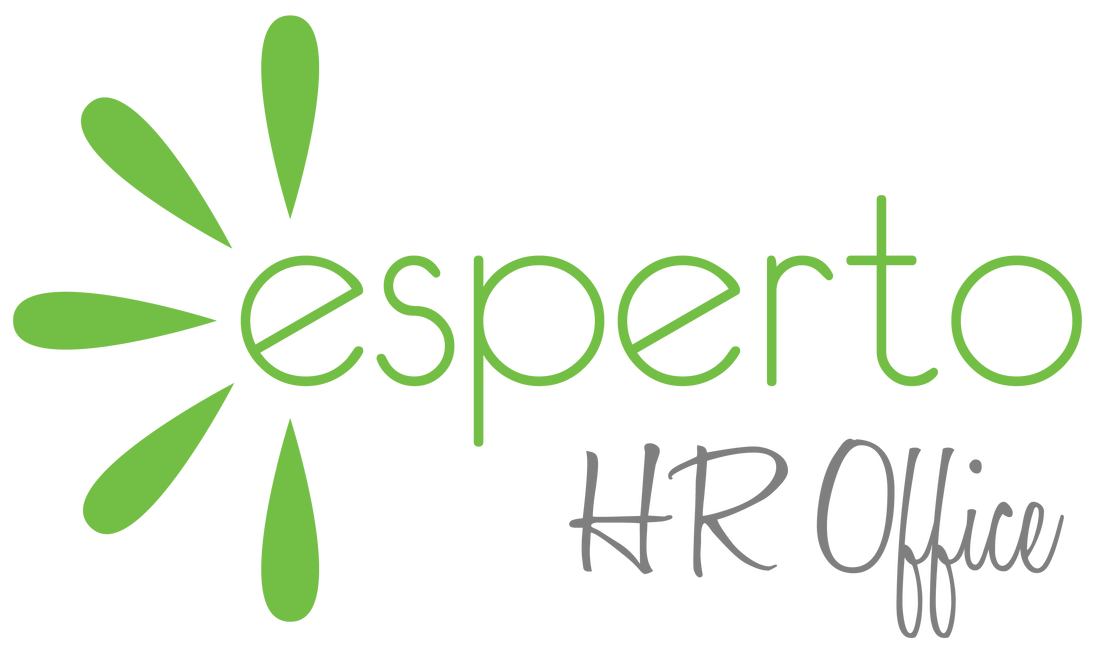|
The college degree is now the minimum expectation for nearly all job openings. Sometimes the requirement is for a very specific degree however in some cases it’s just having the degree that is important. So you’ve earned your degree and gained your first or third or fifth professional job, it doesn’t matter what stage of your career you are in, continuing your education, advancing your skillset or keeping updated in your career field is a top priority to staying marketable in the job scene. So the question is how do you keep updated with your skills, or learn new ones for career changers, when you’re already working a full time job and have a hectic ‘after work’ life? Skillshare (www.skillshare.com) Great online learning for software packages, design, entrepreneurship, marketing, technology, and so much more. You can choose to pay for an individual class, open a membership for a low rate to obtain most classes at no cost, or start a trial membership. They also offer group memberships if more than one person in your business will enroll in a class. The courses are taught by experts in their field and offer step- by -step video instruction with time for practice outside the course and the ability to join forums of others in the class to share ideas/projects. Coursera (www.coursera.org) Partnering with universities and businesses worldwide, this site offers over 800 online courses and they are all free! You participate in online lectures, quizzes, peer graded assessments and join forums with others that includes near immediate feedback to assist in the learning environment. Continuing education at your local college or school corporation Continuing education, community education or lifelong learning as it can also be called, is often offered in the community in which you live through local technical/trade schools, 2 year and 4 year colleges as well as public school corporations. These courses are instructor led one day or half day courses (non-credit) and others are online to learn at your own pace and schedule. Some are single coursework (non-credit) and others part of a certificate program, such as:
Considering starting your own small business? Learn what you need to be successful from creating a business plan, marketing your business, bookkeeping and much more. Even locate a mentor to guide you in the process. Don’t forget the ease of using the Internet! Search YouTube videos, websites and Facebook pages from those working in the industry that you want to learn more about, often they post learning initiatives free or at a relatively small cost. It’s your career, don’t wait for someone to ‘give’ you something, go after what you want and stop making excuses and start learning!
0 Comments
Leave a Reply. |

 RSS Feed
RSS Feed
